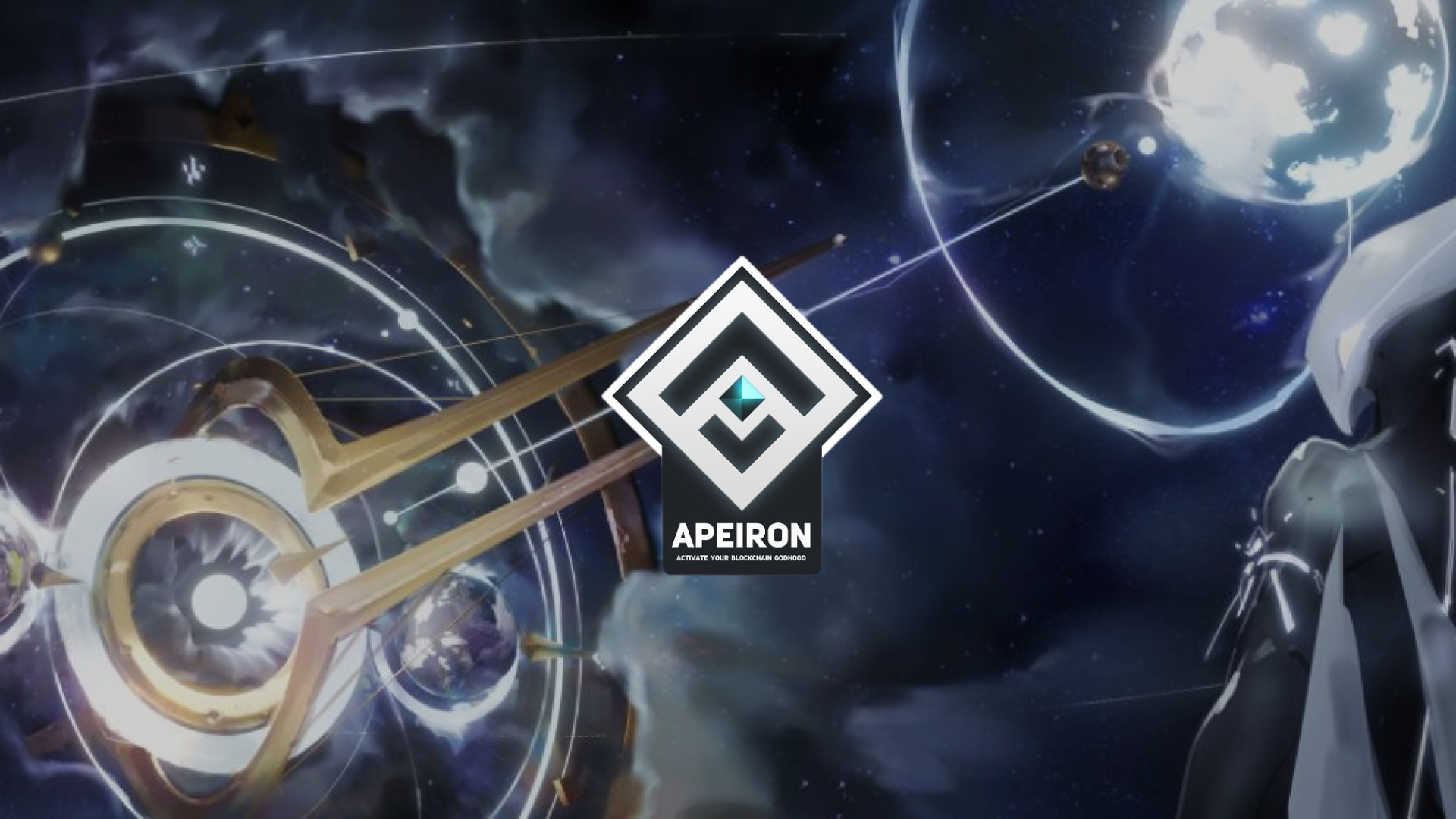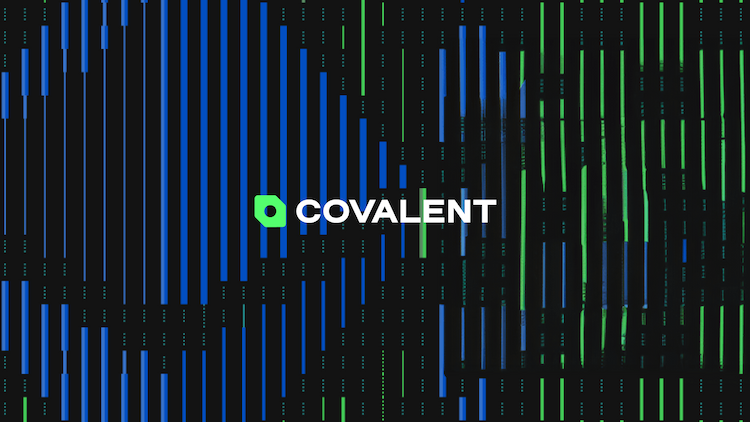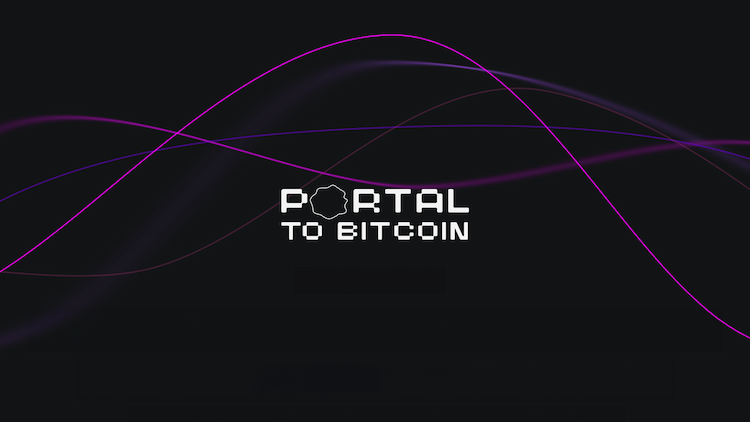
The gaming industry is fiercely competitive. The emergence of blockchain technology and Web3 gaming has widened the market, but many Web3 games need more creativity, merely incorporating NFTs and tokenomics into existing Web2 games. Successful game developers prioritize enjoyability, accessibility, and innovative gameplay to gain traction and increase their market share.
A game aiming to revolutionize the Web 3 gaming industry is Apeiron, the first play & earn God game on the blockchain. Apeiron empowers players to experience godhood and introduces Web2 gamers to Web3 through accessible and enjoyable gameplay.
This project analysis delves into Apeiron, providing insights into its founding team, tokenomics, business model, and unique gameplay.
What is Apeiron, Founding Team, and Fundraising:
Image Source: Apeiron
Apeiron positions itself as the blockchain's first play & earn adventure God game. Developed by Foonie Magus, it operates on a decentralized ecosystem built on the Polygon blockchain. The game combines NFTs and DeFi in a fast-paced card-based combat and simulation gameplay inspired by classic God games like Populous and Black & White. Since its inception, Apeiron has attracted around 140K wallets and 94.5K users to its online game.
The founding team, led by CEO Frank, COO Orange, and CTO Gem, comprises experienced professionals in blockchain and gaming. Apeiron raised over $17M in its seed round, with $3M from pre-seed investments and $10M from seed investments, led by Hashed and supported by other Venture Capital firms.
Tokenomics, Business Model, and Marketplace:
Image Source: Apeiron
Apeiron's tokenomics model revolves around the marketplace and a monetary reward system, which plays a crucial role in governance, staking, and yield farming. At the core of Apeiron's in-game operations lies its tri-token system, consisting of:
- Apeiros (APRS): As the governance token, Apeiros is the primary utility token for PvP tournament rewards. Its utility extends to minting new NFTs, staking treasury rewards, and participating in voting on governance matters.
- Anima (ANIMA): Operating as the play-to-earn token, Anima allows players to earn rewards by winning and minting tokens. The supply and demand of Anima scale is based on the number of active users, creating an engaging and dynamic ecosystem.
- Ringularity (RNGU): This premium token is distributed during large-scale events like Guild level tournaments. Obtaining RNGU is challenging as it follows a win-to-mint mechanism, requiring active community participation. Its utility includes bidding on new seasonal NFTs, engaging in tournament betting, and other exciting features.
The team's core focus is empowering players by giving them ownership of their creations within Apeiron's NFT Metaverse. This sense of ownership is further augmented by the play-to-earn token Anima. As players progress in the game, they can earn Anima, which they can either reinvest in the in-game economy to advance their gameplay or exchange it in the marketplace for cryptocurrency, providing additional incentives and avenues for players to engage with the game.
The business model centers around gameplay, the tri-token system, and the marketplace. This approach allows players to control and shape virtual civilizations using NFTs. The project generates revenue through various channels, including marketplace transactions, NFT sales, merchandise, staking, yield farming, and governance.
Gameplay, Marketplace, and NFTs:
The heart of Apeiron's gameplay is on Planet NFTs, where players wield divine powers as Godlings to influence adorable creatures known as Doods in real-time card-based combat. Breeding Planet NFTs and acquiring in-game assets through the ANIMA token enhance player utility.
Players can reshape their Planets using the elements of air, water, fire, and earth, influencing Doods' societies and miracles. The unique Planet NFTs can be bred through Celestial Conjunctions, which offer opportunities to increase godly power or gain profits through sales.
Engaging in procedurally generated dungeons rewards players with Dood Apostles, who can fight alongside their avatars. These dungeons also feature Artifacts, bosses, unique events, and colorful characters. Apeiron's gameplay combines God-Game Simulation and Action-RPG elements, complemented by three main NFT types: Planets, Stars, and Relics.
Final Remarks
Apeiron's strategic NFT engagement, intricate gameplay, and unique positioning offer growth potential. Nevertheless, the tri-token economy might discourage some casual players. Providing clear tutorials and attractive core loops will be essential for successful onboarding.
Apeiron's innovative approach, supported by a dedicated team and active community, positions it as a promising project that seeks to revolutionize the God game genre in the blockchain gaming industry.





